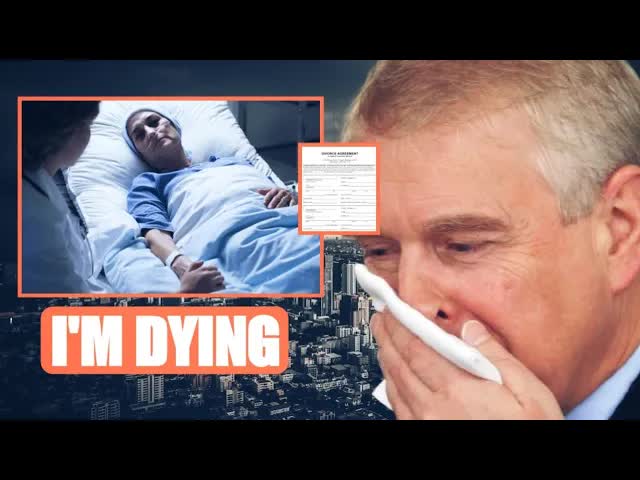Sarah Ferguson, the Duchess of York, has recently provided an update on her health following her battle with skin cancer.
Just months after receiving the diagnosis, Sarah revealed that the news she received was the best possible outcome she could have hoped for.
The royal shared that despite undergoing a second operation, the cancer had not spread beyond its initial location.
In a turn of events that shook her world in January, Sarah faced the harsh reality of being diagnosed with cancer for the second time within a year.
Last year, the 65-year-old revealed her battle with breast cancer, only to be confronted with skin cancer shortly after Christmas.
Following the discovery of a cancerous mole, Sarah underwent further surgery to ensure the disease had not spread to her lymph nodes.
A close friend of Sarah disclosed that the medical team confirmed that all signs of cancer were successfully eradicated, bringing a sense of relief to the Duchess and her family.
Despite the need for a 12-week follow-up review, the overall outlook is optimistic, offering Sarah a glimmer of hope during what had been an anxiety-ridden period awaiting test results.
Expressing her desire to raise awareness about the importance of regular check-ups, Sarah emphasized the significance of mammograms and professional mole examinations.
Her proactive approach to health screenings serves as a beacon of hope for many, inspiring them to prioritize their well-being.
The positive outcome of Sarah’s health journey not only brings solace to her loved ones but also serves as a testament to the power of early detection.
Thanks to the vigilance of her dermatologist, the melanoma was identified at an early stage, underscoring the critical role of routine medical evaluations in safeguarding one’s health.
Moreover, Sarah’s resolve to turn her personal ordeal into a platform for advocacy has already sparked a surge in public interest regarding melanoma awareness.
The increase in visits to the NHS website for information on skin cancer reflects a growing consciousness about the importance of monitoring moles and seeking timely medical intervention.
Reflecting on her own experience, Sarah acknowledged the pivotal role played by her sister in ensuring she underwent crucial medical tests.
Despite the absence of overt symptoms, the diligence of healthcare professionals led to the early detection of a concerning area, ultimately leading to a life-saving diagnosis.
As Sarah navigates her path towards recovery, her story serves as a poignant reminder of the resilience and strength that can emerge from adversity.
